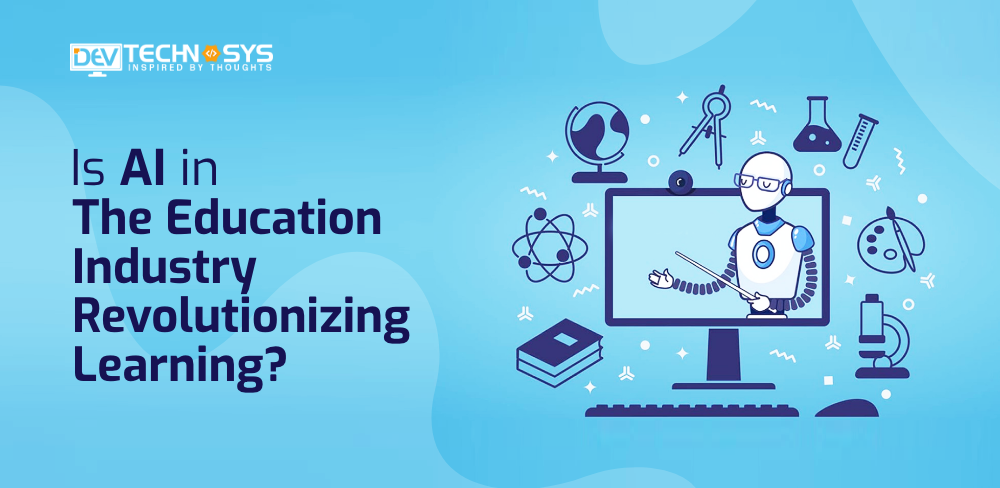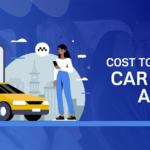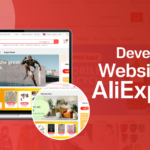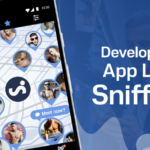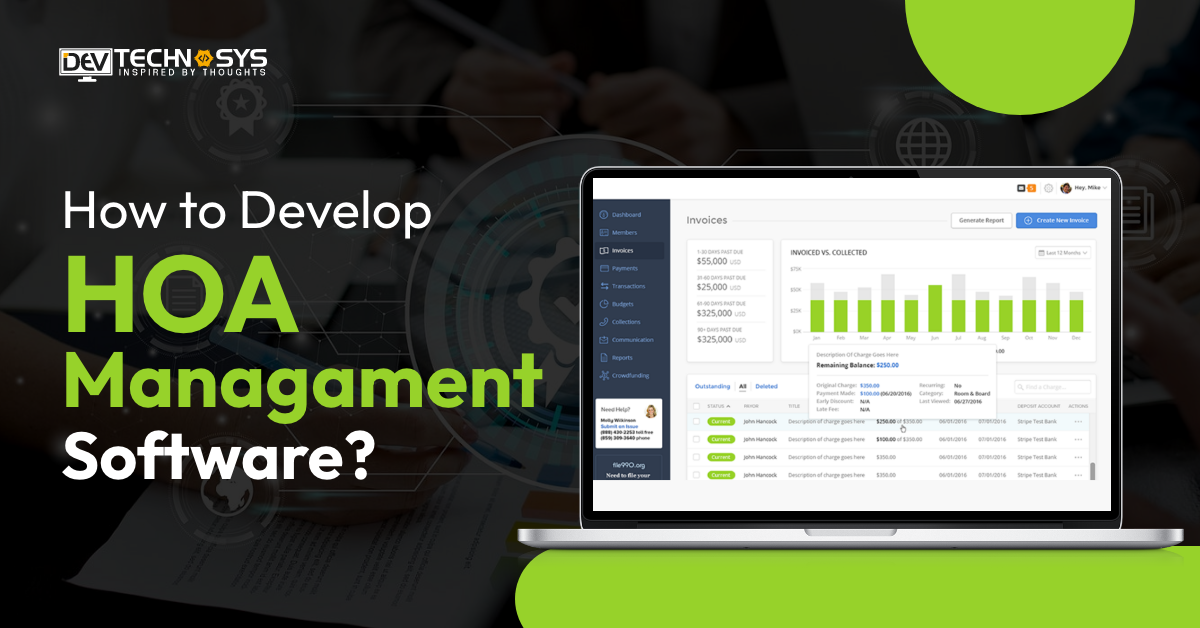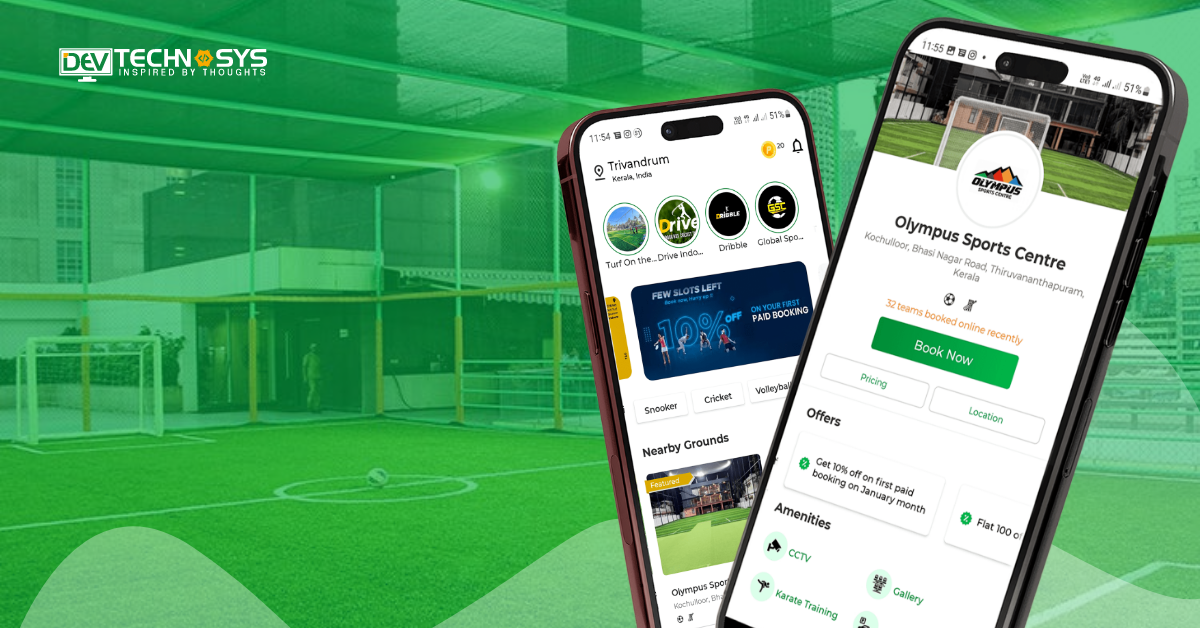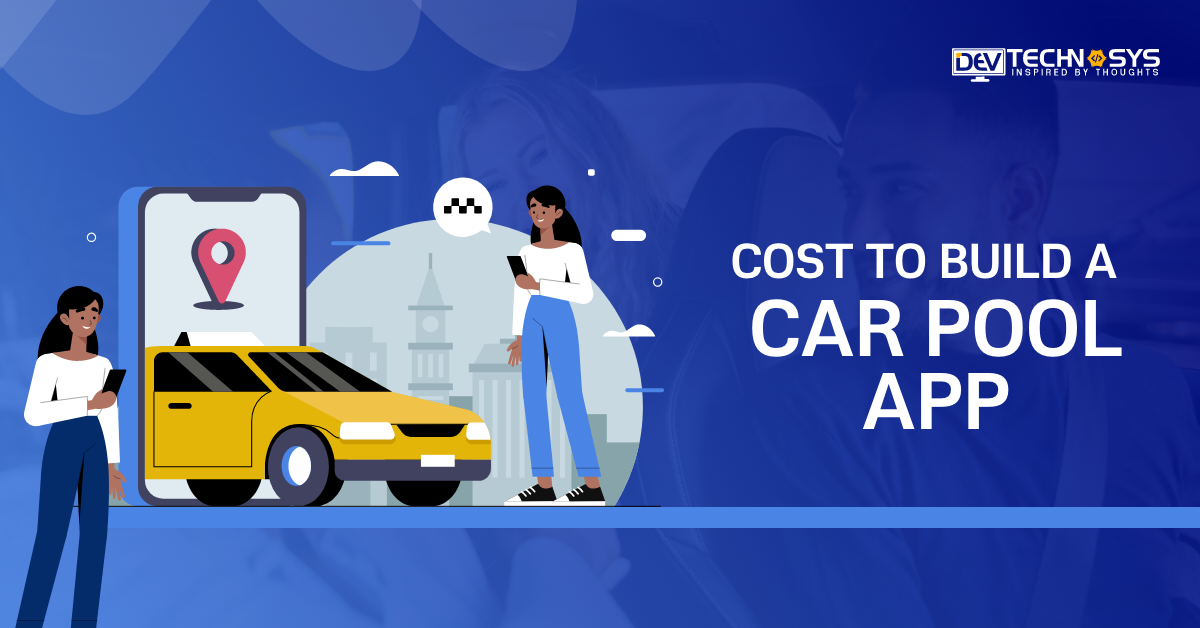AI is revolutionizing the learning process in education. This new technology has brought about a new age of adaptive and personalized learning. AI-powered tools can analyze the strengths and weaknesses of students, tailoring curriculums to meet individual needs. Chatbots and virtual assistants offer immediate help, improving student understanding and engagement.
Data analytics also allows educators to make informed decisions that improve the overall quality of education. Future of AI in education can process a large amount of data quickly, giving students and educators access to a wealth of resources and insights. AI is evolving and holds the promise to make education more efficient, effective, and accessible.
In this blog we have complied some points how AI in education industry transforming, so lets dive into this blog to know more.
Table of Contents
Take a look at These Market Statistics!
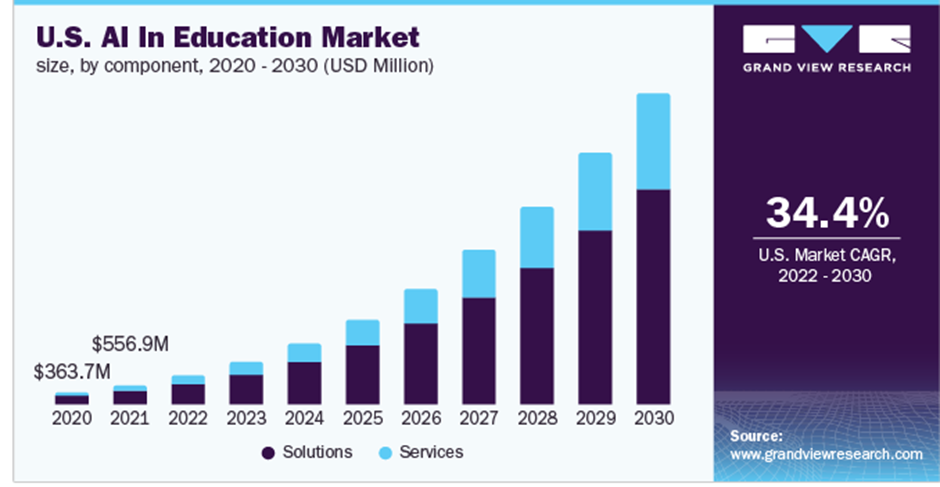
- The global AI in education industry was valued at USD 1,82 billion in 2021. It is expected to grow at a CAGR of 36.0% between 2022 and 2030.
- AI-powered tutoring has become increasingly popular. The global market for AI tutoring is expected to grow from $2.3 billion in 2022 to $12.4 billion in 2028.
- In 2020, the global AI in education industry is expected to reach over $3.68 Billion.
- The CAGR (compound annual growth rate) is expected to be approximately 45% between 2021 and 2028.
- COVID-19 has accelerated AI in education industry. Remote learning solutions are more popular as a result.
10 AI Apps in Education
If you want to enter with AI in Education Industry then knowing about competitors is essential. In this section we have complied some 10 top AI applications in education.
App Name |
Launch Date |
Available Platforms |
Downloads (as of 2021) |
Ratings (as of 2021) |
| Duolingo | 2011 | iOS, Android | 500M+ | 4.7 (iOS), 4.5 (Android) |
| Coursera | 2012 | iOS, Android, Web | 100M+ | 4.6 (iOS), 4.5 (Android) |
| Khan Academy | 2008 | iOS, Android, Web | 10M+ | 4.6 (iOS), 4.6 (Android) |
| edX | 2012 | iOS, Android, Web | 5M+ | 4.4 (iOS), 4.1 (Android) |
| Quizlet | 2007 | iOS, Android, Web | 50M+ | 4.7 (iOS), 4.6 (Android) |
| Memrise | 2010 | iOS, Android | 10M+ | 4.5 (iOS), 4.6 (Android) |
| Socratic by Google | 2017 | iOS, Android | 5M+ | 4.6 (iOS), 4.4 (Android) |
| Photomath | 2014 | iOS, Android | 100M+ | 4.8 (iOS), 4.6 (Android) |
| Rosetta Stone | 1992 | iOS, Android, Web | 5M+ | 4.5 (iOS), 4.4 (Android) |
| Wolfram Alpha | 2009 | iOS, Android, Web | 1M+ | 4.7 (iOS), 4.6 (Android) |
10 AI Use Cases in Education – Real Examples
Artificial Intelligence has transformed the way that we learn and teach. AI revolutionizes education with its ability to process large amounts of data, personalize the learning experience, and provide valuable insight. This section will examine 10 real-life use of AI in education industry.
1. Personalized Learning
Personalized learning is one of the most powerful uses of AI in education. AI in education industry advance algorithms use student performance data in order to create personalized learning paths. DreamBox, as an example, uses AI to customize math lessons so that each student learns at their level and pace.
2. Intelligent Tutoring Systems
Intelligent Tutoring Systems employ AI in order to deliver one-on-one training to students. Carnegie Learning’s MatHia is an excellent example. It measures students’ math skills, identifies their weaknesses, and provides tailored exercises for improving their skills.
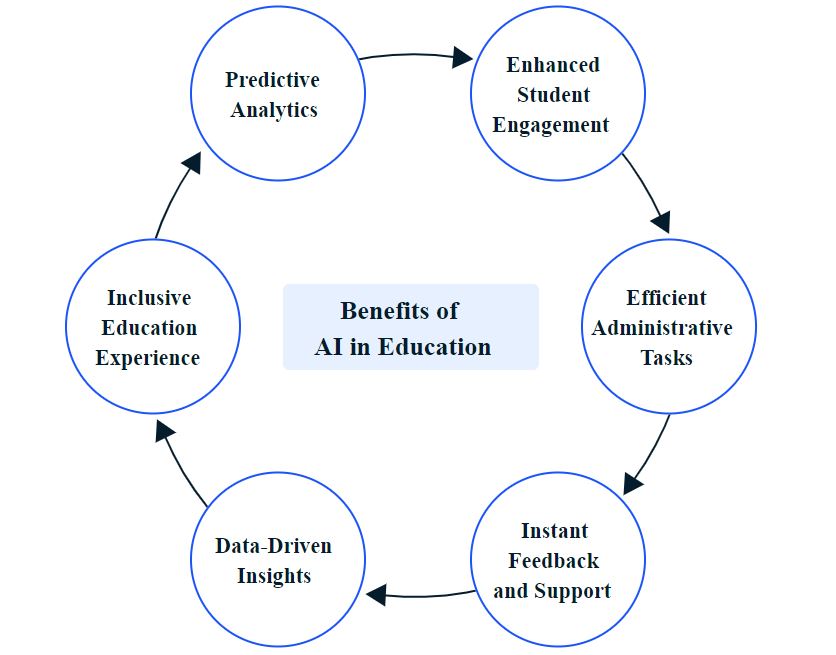
3. Automated Grading
AI-powered systems for grading, such as Gradescope, simplify the tedious task of assessing exams and assignments. These systems are able to recognize handwriting and can provide immediate feedback. Coursera’s AI for Everyone course uses this technology to evaluate student work.
4. Adaptive Content Delivery
AI in education industry can adjust content difficulty and format to meet the needs of individual students. Knewton is an adaptive learning platform that uses AI to suggest educational content based on a student’s strengths and weaknesses.
5. Predictive Analysis
Predictive analytics is used in education to identify students at risk and forecast their performance. Georgia State University used AI to predict which students would struggle and provide timely interventions to improve success rates.
6. Language Learning
Apps that use AI to learn languages, such as Duolingo, provide personalized instruction using natural language processing. AI in education industry adjust lessons according to a student’s level of progress and difficulty.
7. Virtual Teaching Assistants
Virtual assistants such as IBM Watson’s “Jill Watson” can answer routine questions from students. By providing 24/7 support, they free up time for educators and improve the experience of students.
8. Gamification
Kahoot!, for example, is a platform that uses AI to power gamification. Machine learning is used to create engaging educational experiences. These systems adjust game content according to student performance and preferences. It makes learning more fun and effective.
9. Education Data Analytics
AI in education industry allows institutions to analyze large amounts of data and improve their decision-making. The University of Arizona uses AI to improve educational strategies.
10. Plagiarism Detection
AI-based plagiarism detectors like Turnitin scan assignments of students to detect potential plagiarism. These tools help educators maintain academic integrity. These examples demonstrate the potential and versatility of AI technology in education. It’s important to consider the ethical and technical issues that come with AI integration in educational settings.
11. AI Integration: Challenges and Opportunities
- Data Privacy:
The privacy of students and the handling of their data is an important concern. AI systems are required to adhere to strict regulations regarding data protection.
- Bias & Fairness:
AI algorithms may inherit biases based on the data they were trained with, which could lead to unfair treatment of students. To mitigate bias, it is necessary to monitor and adjust continuously.
- Teacher Training:
Teachers must be properly trained in order to harness AI’s power effectively. For successful integration, professional educational website development programs are essential.
- Cost:
AI in education industry are expensive and can make it difficult for some institutions to adopt them.
- Accessibility:
Not every student has access to the necessary technology for AI-powered education. It is important to ensure that all students have equal access.
12. Ethical Considerations
- Transparency:
AI in education industry should be transparent about their decision-making processes so that educators and students can understand what they do.
- Accountability:
It is important to establish clear lines of accountability for AI-driven actions and decisions.
- Inclusivity:
AI in education industry must be designed to accommodate different learning styles, abilities, and cultural backgrounds.
How is AI in Education Industry Revolutionizing Learning?
Education has been considered a cornerstone of human development for many years. Benefits of mobile apps in education industry provides knowledge and skills that are essential to personal and social advancement.
The AI in education industry in recent years has brought about a number of challenges and opportunities. This section examines the impact of AI on education, its ability to transform learning, and the ethical issues it raises.
1. Personalized Learning
AI’s ability to provide personalized learning is one of the biggest contributions AI has made in the field of education. The traditional classroom can struggle to meet the needs of students with different learning styles and paces.
AI-powered systems analyze the strengths, weaknesses, and learning styles of a student to provide tailored content and tasks. This adaptiveness ensures students get the right amount of support and challenge, which promotes a deeper understanding.
2. Intelligent Tutoring Systems
Intelligent tutoring systems use AI to offer real-time support to students. These systems are able to explain complex concepts, provide answers to questions, and give immediate feedback on assignments.
AI in education industry are virtual tutors who are available 24/7 to help students learn difficult subjects. This personalized support enhances not only learning outcomes but also builds motivation and confidence in students.
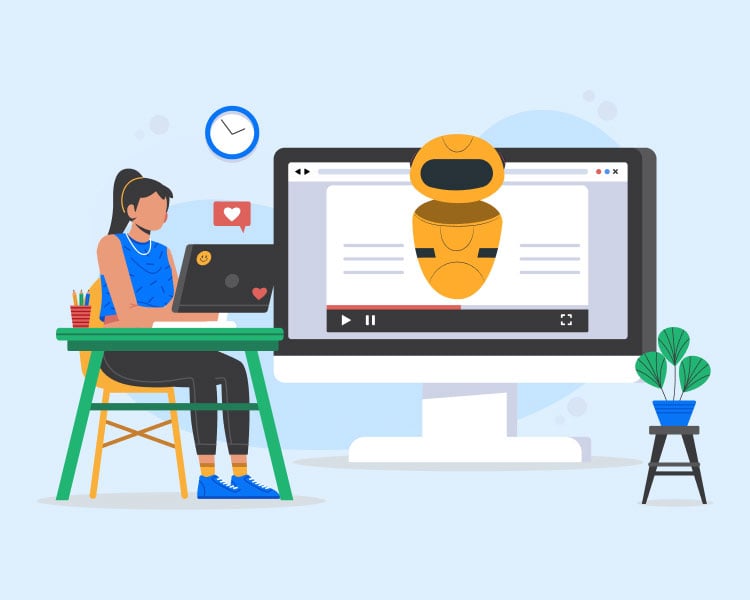
3. Data-Driven Insights
AI in education industry produces vast amounts of data that can be analyzed for insights into student performance. AI in school education can provides Teachers can use data to identify trends and patterns that will help them better understand the progress of their students, pinpoint areas for improvement, and make informed decisions.
This information can be invaluable to educators as it allows them to adapt their teaching strategies and curriculum in order to meet the changing needs of students.
4. Automating Administrative Tasks
AI in education industry can automate administrative tasks and allow educators to concentrate more on teaching. Automating tasks such as attendance tracking, scheduling, and grading can reduce the workload for teachers and administrators. It allows educators to spend more time with students and improve their teaching methods.
5. Accessibility Enhancement
AI-driven tools can make education more inclusive for diverse populations. AI-driven tools can make learning materials more accessible for students with disabilities. AI in higher education can also facilitate language translations, removing language barriers and providing access to educational materials in other languages.
6. Lifelong Learning and Skill Development
Rapid technological advances have created a need for continuous learning and lifelong skill development. AI-powered platforms provide a variety of online resources and courses, making it easy for people to learn new skills throughout their lives. This democratization in education allows people to adapt to the changing job market and pursue their passions.
7. Ethical Considerations
AI in education industry is a promising technology, but it raises many ethical issues. Data security, privacy issues, and bias in algorithmic designs are all critical concerns.
It is essential to protect students’ data and ensure that AI systems don’t discriminate on the basis of gender, race, or socioeconomic background. For AI used in education it has to be implemented ethically, it is important to strike a balance between ethics and innovation.
8. Teacher-Student Relations
Teachers will continue to play a vital role in classrooms that are AI-enhanced. The human connection between teachers, students, and technology is irreplaceable. Teachers must embrace AI to enhance their teaching by adapting LMS App Development and not replace their expertise or mentorship.
9. Equity and Access
AI in education industry could exacerbate already existing inequalities. Socioeconomic factors can limit access to AI-powered resources and tools, leaving behind disadvantaged students. To ensure that all students can benefits of AI in education, education policymakers and institutions need to prioritize equal access.
10. Continuous Adaptation
AI in education industry is not static but dynamic and requires constant adaptation and improvement. Education practices must also evolve as technology does. To harness the full potential AI can offer in the classroom, educators must continue to develop their skills.
Feedback loops and collaborations with eLearning mobile app development services providers will be crucial in refining AI to better serve educational objectives.
How to Build an AI Education App?
If you are someone interested in AI in education industry and wants to enter then building an AI education app is effective idea. Education app development company can help you with this ambitious project. Here are seven steps that will guide you throughout the process.
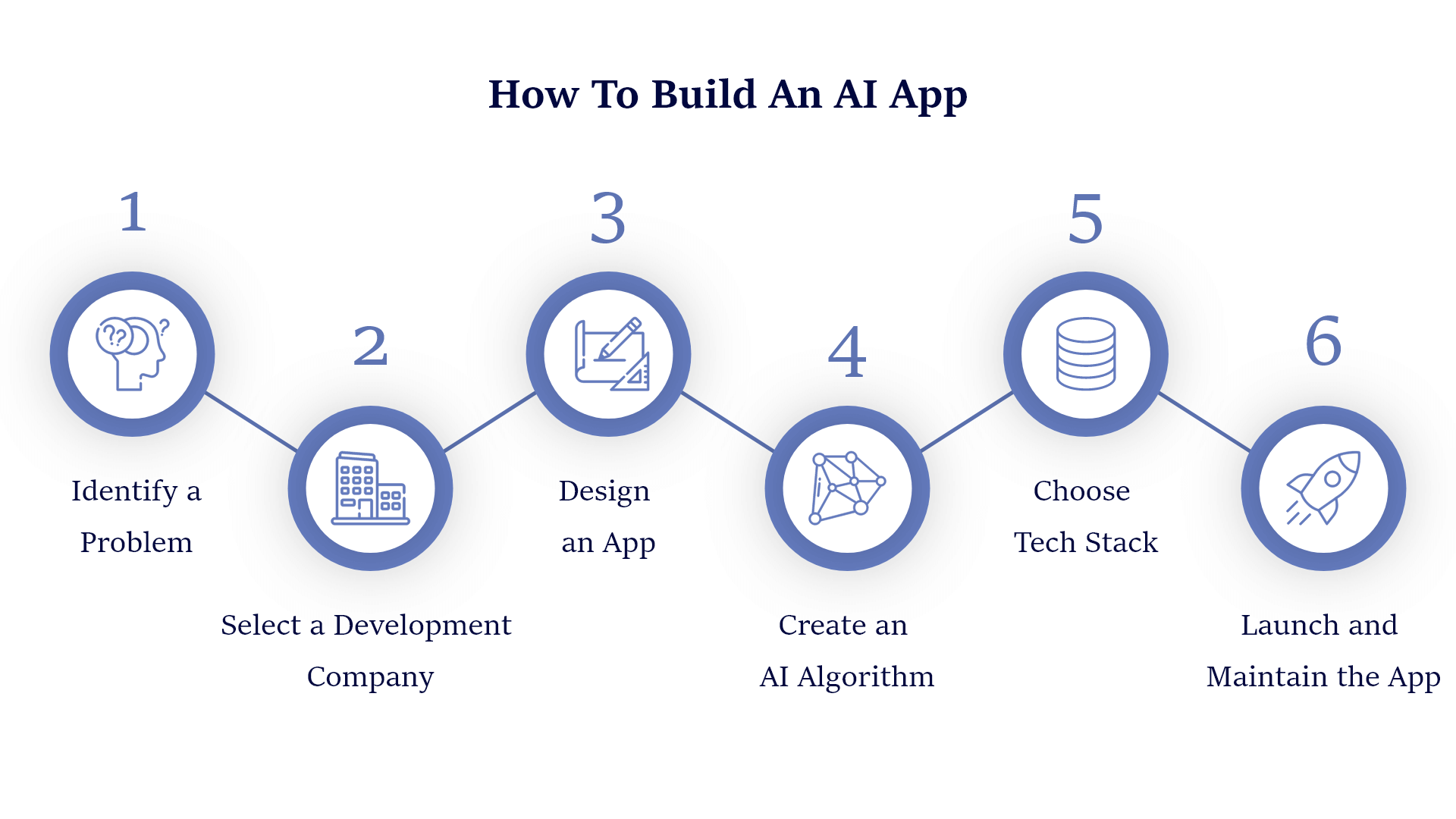
1. Define your Educational Goals
Start by defining the educational objectives that your app will serve. Decide on the audience, subject, and learning objectives. This vision will guide you through the entire development process.
2. Choose an AI Development Company
Choose an machine learning app development company that has experience in the educational technology field. Get in touch with the best AI development company who have developed AI-driven apps and can provide references and case studies.
3. App Conceptualization
Work with the IoT app development company you have chosen to create an app concept. Define the personas of your users, plan out their journey, and highlight key features. AI should enhance learning in a meaningful manner, for example, through personalized content recommendations or adaptive assessments.
4. Design User Interfaces (UI) and User Experiences (UX)
Create a visually pleasing and intuitive UI/UX with designers. Wireframing and prototyping are important to make sure the app is easy to use. Your design should be in line with your educational objectives and your target audience’s preferences.
5. AI Algorithms Development
Work closely with the AI team to develop and refine the algorithms that will power the AI features of best education apps. They could be natural language processing for text analysis, recommendation systems based on machine learning, or image recognition for educational content.
6. Test and Refine
Test thoroughly to find and fix bugs. Use user feedback to improve educational mobile apps for student functionality and user experience. It is important to refine the AI components continuously in order to enhance the learning process and ensure that they work efficiently.
7. Launch and Market the App
Launch your AI-based education app after thorough testing and refinement. Create a marketing plan to reach your audience. Use social media, content marketing, and partnerships to promote your app. Monitor engagement of users and collect data to improve AI algorithms and educational material.
You can use the expertise of an mobile app development company to create a robust educational app. This partnership allows you to focus solely on your educational goals while the AI development services takes care of the technical side. The result is a high-quality AI-driven learning environment for your users.
To summarize, creating an generative AI in education requires defining your goals and selecting a competent development partner. It also involves conceptualizing the app and designing the UI/UX. Then, you will need to develop AI algorithms and test and refine the app.
Finally, it is time to launch and market the app. To bring your educational vision to reality, you will need to hire mobile app developer that has experience in AI development.
Conclusion
AI in education industry has undoubtedly revolutionized learning. It provides educators with data-driven insight, enhances personalized learning, and increases student engagement. AI is advancing at a rapid pace and has the potential to close educational gaps.
It can make quality education more accessible for all. It is not just an evolution but a revolution in the way education is being reshaped. It promises a brighter future for all learners. Hence if you want to build an educational app with AI integration then learning about cost of developing an education app is essential.
Frequently Asked Questions
1.How Much Does It Cost To Build An AI Educational Application?
The cost to build an AI educational application can vary widely depending on features and complexity. A basic app may start at $8,000, while more advanced ones can cost ABOVE $25,000.
2. How Long Does It Take To Build An AI Educational App?
The development time for an AI educational app typically ranges from 6 months to 1 year, but it can be shorter or longer depending on the app’s complexity and features.
3. What Are The Benefits of Investing in AI Education App?
Investing in an AI education app offers personalized learning, improved engagement, scalability, and data-driven insights for educators, leading to enhanced student outcomes and a competitive edge in the education sector.
4. Why You Should Choose Dev Technosys for Building AI Education App?
Choose Dev Technosys for building an AI education app because of their expertise, innovative solutions, a track record of successful projects, and a commitment to delivering high-quality, customized educational technology.
5. What Are The Popular AI Apps in Education?
Popular AI apps in education include Duolingo, Khan Academy, Coursera, and EdX. These apps use AI to personalize learning, offer interactive content, and provide valuable insights to learners and educators.

